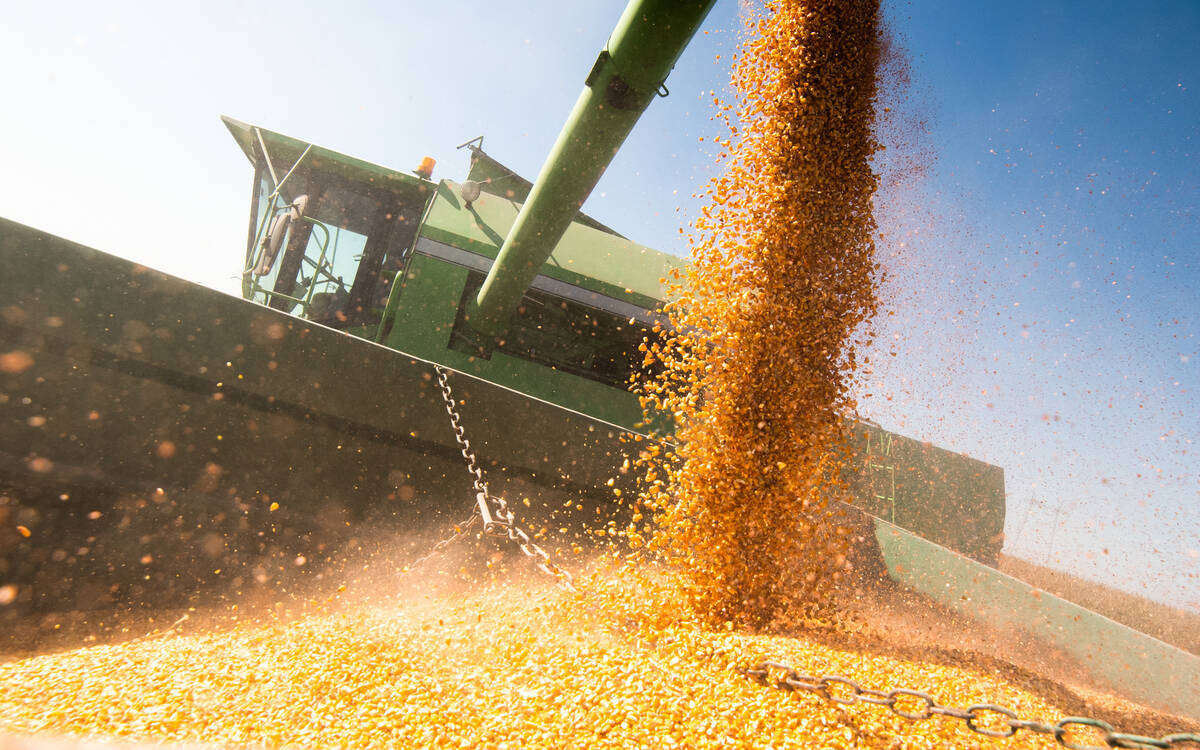Glacier FarmMedia — Emotional trading was guiding activity at the United States commodity markets, said Ryan Ettner, broker with Allendale Inc. The McHenry, Ill.-based Ettner said that particularly held true for Chicago Board of Trade soybeans and corn to a lesser extent.
That emotion came from the U.S. not having a trade deal with China, which has yet to purchase any new crop U.S. soybeans. That situation was further exacerbated on Oct. 1, when the U.S. government shut down after Congress failed to pass new spending legislation.
Read Also

Feed Grain Weekly: Corn affecting barley prices in Lethbridge
Corn imports entering Lethbridge have lowered prices for feed barley compared to those in Edmonton.
“The grains are dropping as if ‘we will never get a China deal.’ It’s more of an emotional, down-in-the-dumps type of trading,” said Ettner.
This came despite the U.S. Department of Agriculture having reported that soybean exports other than to China were at or near record levels.
Grain stocks report
Ettner said the grain stocks as of Sept. 1 report from the U.S. Department of Agriculture was actually somewhat bullish for soybeans and corn. The report was issued on Sept. 30:
• Total U.S. commercial and on-farm soybean stocks of 316 million bushels were down 26 million from a year ago and below the average trade guess of 325 million.
• Commercial and on-farm corn stocks tallied 1.53 billion bushels, which exceeded the average trade guess of 1.34 billion, but under 1.76 billion in September 2024.
• Total wheat stocks came to 2.12 billion bushels versus the average trade estimate of 2.05 billion and the year ago of 1.99 billion.
For corn, Ettner said “if you threw that directly onto the new crop balance sheet, you lower your fair value back down to $4.30 to $4.40 (per bushel).”
However, he warned that with emotion trading it’s difficult to get an accurate bead as to where prices are likely heading.















